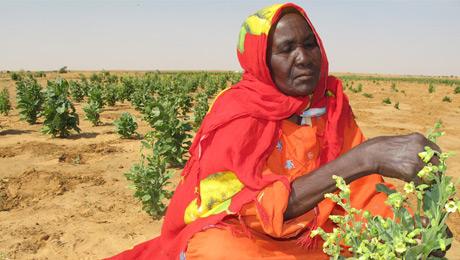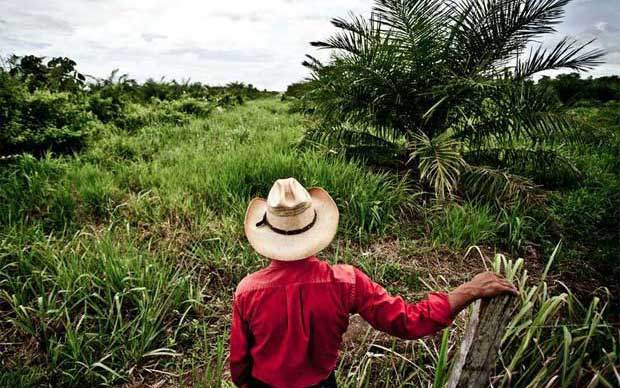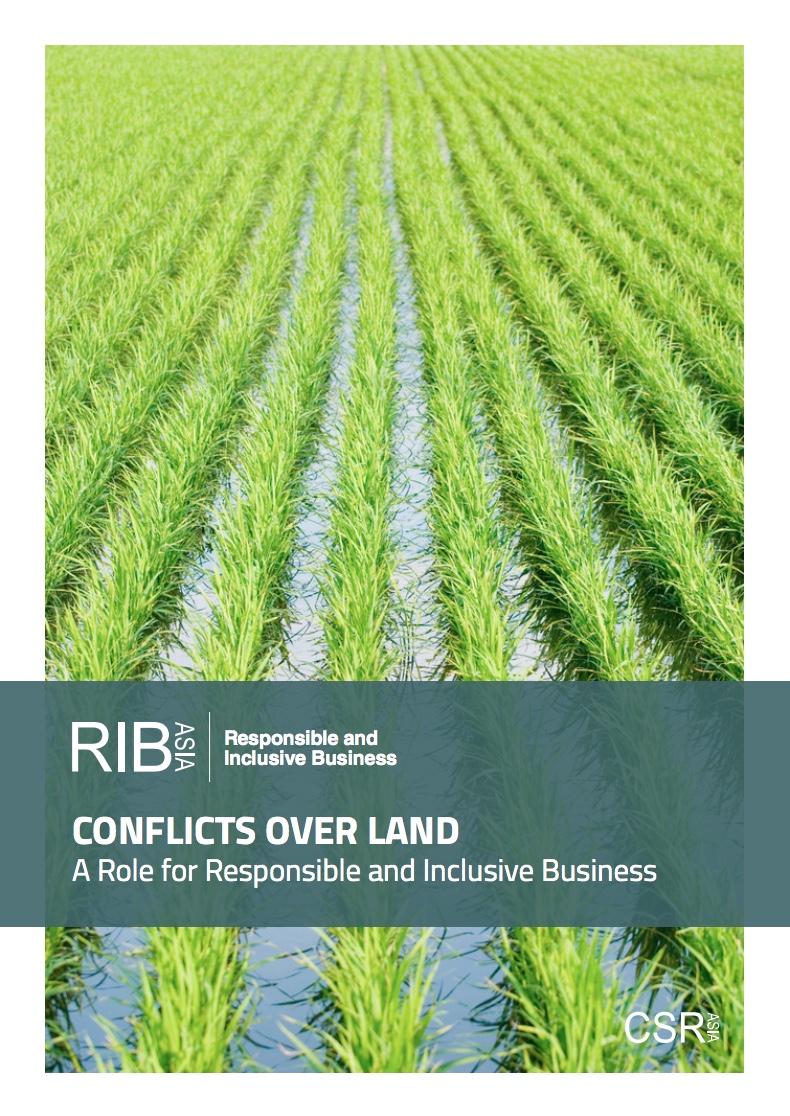Agricultural change, land, and violence in Darfur
Most analyses of violence in Darfur ignore the local dimension of the crisis, focusing instead on the region’s economic and political marginalization and climatic variability. However, agricultural change and other changes relating to the land-rights and land-use systems have led to competition and exclusion, and have played a major role in the collective violence that has raged throughout the region. Understanding these questions is essential for the successful resolution of political and policy debates in Darfur.
- - -







